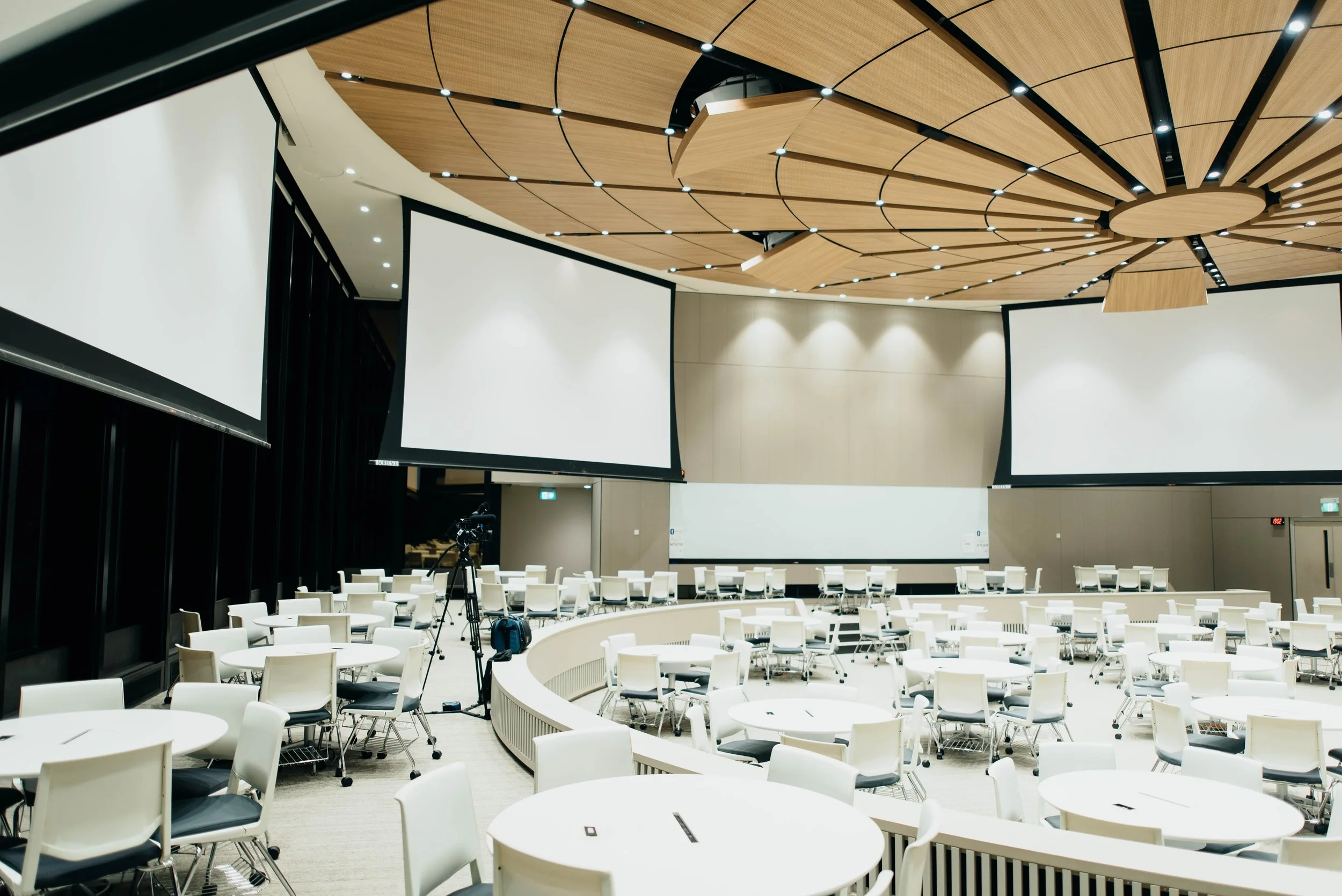Understanding the risks involved in running an event venue business is an important part of planning for success. An event venue can bring in thousands of dollars in rental fees for an owner who enjoys serving their clients’ needs, but event venues are also characterized by high overhead and operating expenses.
Before you get too far into the planning stages or first year of operation, make sure you know what risks you’re undertaking. While most are financial in nature, many also involve industry knowledge and managerial skills.
Leaving Out Operational Assets
After the obvious cost of your building, you’ll need to consider the large purchases that you’ll need to make in order to furnish and run your event venue. Depending on your setup, this could include anything from banquet tables to microphones.
Failing to plan ahead for these necessary expenses can leave a significant dent in your budget. At the very least plan to purchase the following items:
Seating
Computers
Audio-visual equipment
Printers
Staging
Signage
Dinnerware
Kitchen equipment
In addition to helping you run your business more smoothly, these assets also add to the overall value of your venue. You’ll be able to offer your guests more amenities, charge a more profitable rate, and recoup some of your expenses. You’ll also be able to include these assets in the overall value of your business should you ever decide to sell. Just don’t forget to depreciate their value over time.
Forgetting Operating Expenses
The assets you purchase for your event venue will allow you to offer a premium, well-managed space to your guests. Your monthly operating expenses will cover the utilities and services you require to put all those assets into practice.
Without factoring operating expenses into your budget, you could be left with unhappy guests or lose potential renters. Plan to work the costs of utilities like Wi-Fi, security systems, and accounting fees into your budget. If you run a wedding venue or offer catering, you’ll want to include cleaning services like laundering linens and replacing glassware.
Any expenses that will recur on a monthly basis should be added to your operating expenses to help you set your rental rates and help you allocate funds in other areas of your business.
Heavy Workload
Even the most organized event venue owner is going to need a staff. Your level of involvement in your business can only extend so far, which means you might need an event manager, chef, bookkeeper, bartender, and cleaning crew.
Hiring a quality staff involves more than just putting out a job posting. You need to examine your finances to determine how much you’ll pay each member, including the payroll tax for each employee. You can also opt to hire independent contractors for each event at your venue, but the constant turnover can quickly get overwhelming.
If you’re just getting started, try to find the balance between doing as much as you can yourself and fairly compensating a quality team to support you.
The Dreaded Off-Season
The off-season can be a real killer for event venues, especially during their first few years. The busy months can lull you into a false sense of security and encourage spending beyond a sustainable point when renters stop dropping off contracts.
This is where diversifying your rental offerings comes in handy. Look into other ways your venue can be used. Could you host a craft fair? Are you equipped for business seminars, retreats, or luncheons? Does your city have a need for flexible community space for City Hall events? Networking with local retailers and business owners will uncover untapped opportunities to support you in slow times.
Lackluster Marketing Skills
One of your best tools for a successful business is effective marketing. Lucky for you, your building itself can serve as a great source of inspiration and marketing photos. You’re also in an industry where people are more inclined to leave reviews and suggest you to friends and family.
Despite these perks, you still need to take an active stance on marketing by maintaining a presence on social media, publishing ads in local newspapers and tv stations, and even optimizing content for your website. The most gorgeous venue in the world won’t bring in the money it deserves if the owner isn’t actively marketing it.
Make sure to work marketing and advertising into your budget. If you’re not confident in your marketing skills, consider hiring a marketing team member or a consultant to set you on the right track.
Be Realistic and Ask for Help
Don’t let yourself be surprised by the risks associated with owning an event venue. For the financial risks involved, your accountant can be an excellent source of guidance. They can help you log your assets, calculate your monthly expenses, and provide you with detailed financial statements.
They can also help you devise a plan to save the money you’ll need to hire team members to support your efforts. Surrounding yourself with valuable resources can help you grow your business and establish a solid foundation that will inspire confidence in your renters and your community.

